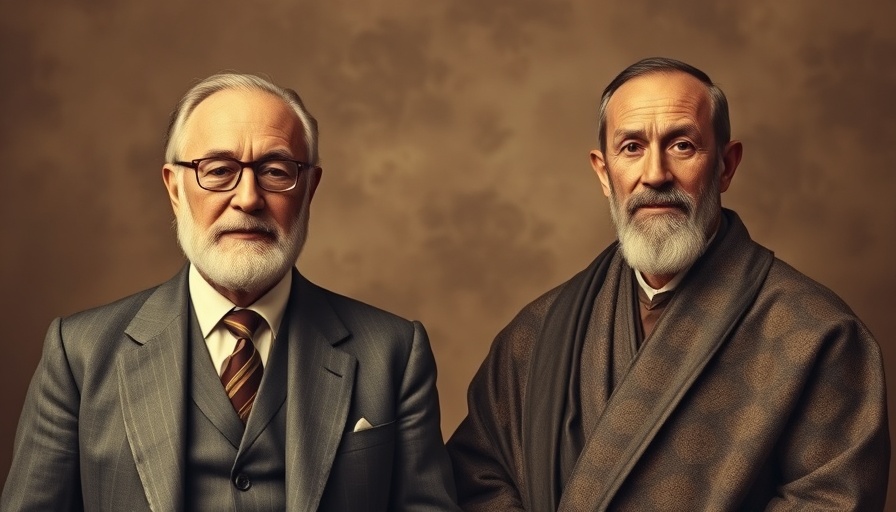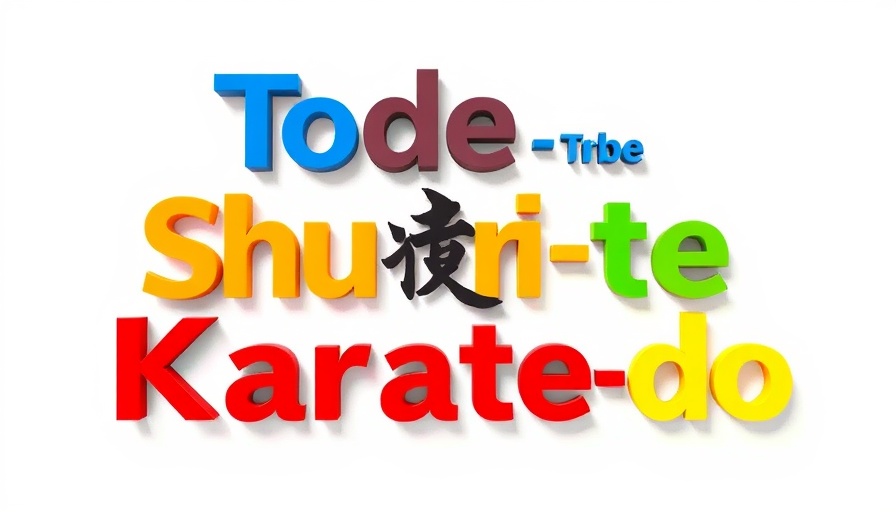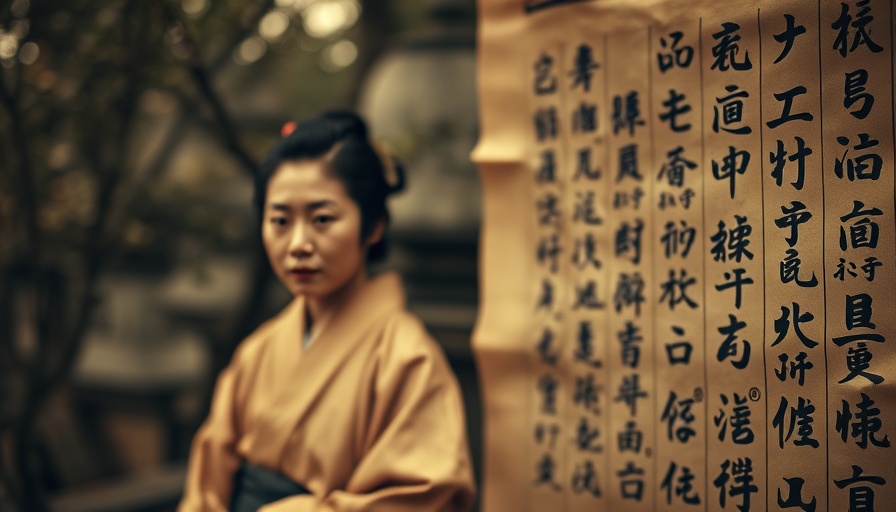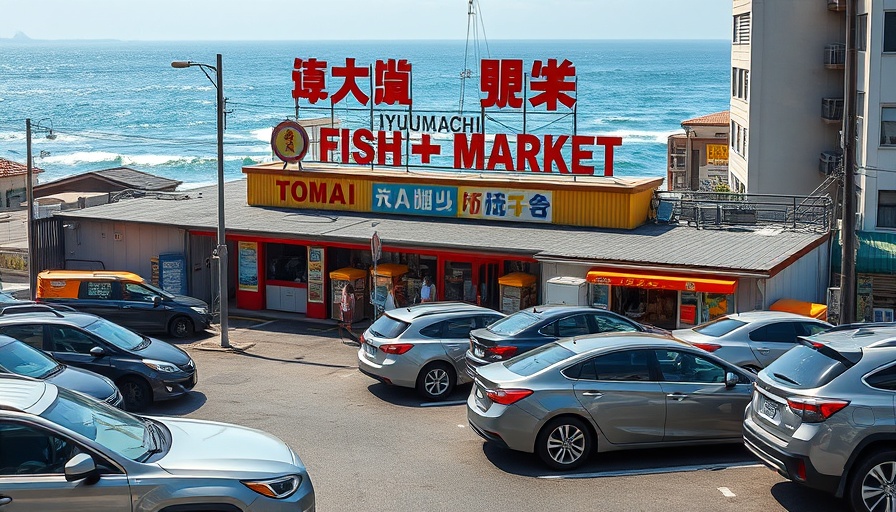
Uncovering the Legacy of Motobu-Ryū Karate
Motobu-Ryū, translating to “the style of the Motobu family,” embodies a rich history and deep cultural significance rooted in the Ryukyu Kingdom of Okinawa. With the noble Motobu family at its helm, this martial art form offers two distinct styles, showcasing a remarkable journey through time.
The Origins of Motobu Udundī
The first style, Motobu Udundī, holds historical weight as it was once deemed "his majesty’s martial art" (Ushu-ganashi-mē no Bugei). Its training was exclusive to the heirs of the Motobu royal lineage, beginning as early as age six. This style incorporates various techniques, such as punching, kicking, joint-locking, and weapon use, teaching its practitioners skills not just for sport but for real-life scenarios.
Tradition Meets Evolution
As the political landscape changed following the Meiji reforms of 1871, the preservation of Udundī became threatened. Motobu Chōyū, a pivotal figure in the lineage who trained under the 11th sōke (headmaster), faced challenges in passing down Udundī amidst the upheaval surrounding the dissolution of the Ryukyu Kingdom. However, he found a talented student in Uehara Seikichi who would play a crucial role in ensuring the survival of this martial heritage.
Modern Revival: The Teaching Legacy
In the 20th century, after enduring personal struggles during WWII, Uehara was determined to revive and teach Motobu Udundī publicly. His 1970 decision to open the secrets of Udundī was revolutionary, leading to a resurgence in interest and practice. Throughout his later years, Uehara aimed to reconnect with the Motobu family, ultimately reviving a connection that had been nurtured yet strained through generations.
Connection to the Present: Martial Arts in Illinois
For those seeking to experience the principles of Motobu-Ryū, this family tradition continues to motivate modern martial artists. Communities like Gurnee, IL, are enriched by training programs that incorporate practical karate techniques and kata bunkai classes. Enthusiasts can benefit from realistic self-defense training and combative karate instruction that echo the strategies many seasoned practitioners embrace today.
Embracing Tradition for Personal Growth
Martial arts is not merely about techniques; it’s about confidence, discipline, and personal development. Enrolling in classes at local schools, such as Gurnee’s trusted Gruber’s Karate, fosters an environment where individuals of all ages can cultivate these values. Learning practical karate techniques not only equips you for potential confrontations but also strengthens your mindset.
Your Journey Begins Here
The legacy of Motobu-Ryū is a testament to resilience, adaptability, and the importance of tradition in martial arts. Interested practitioners are encouraged to explore local dojo offerings, take part in workshops, and connect deeply with the teachings of karate. By starting your training today, you can nurture the same drive, skill, and dedication that the Motobu family exemplified.
Build confidence, discipline, and strength by enrolling now at Gruber’s Karate, Gurnee’s trusted 5-star martial arts center. Reach out at Sensei@gruberskarate.com or call (224) 347-6655 to embark on your martial arts journey.
 Add Row
Add Row  Add
Add 








Write A Comment